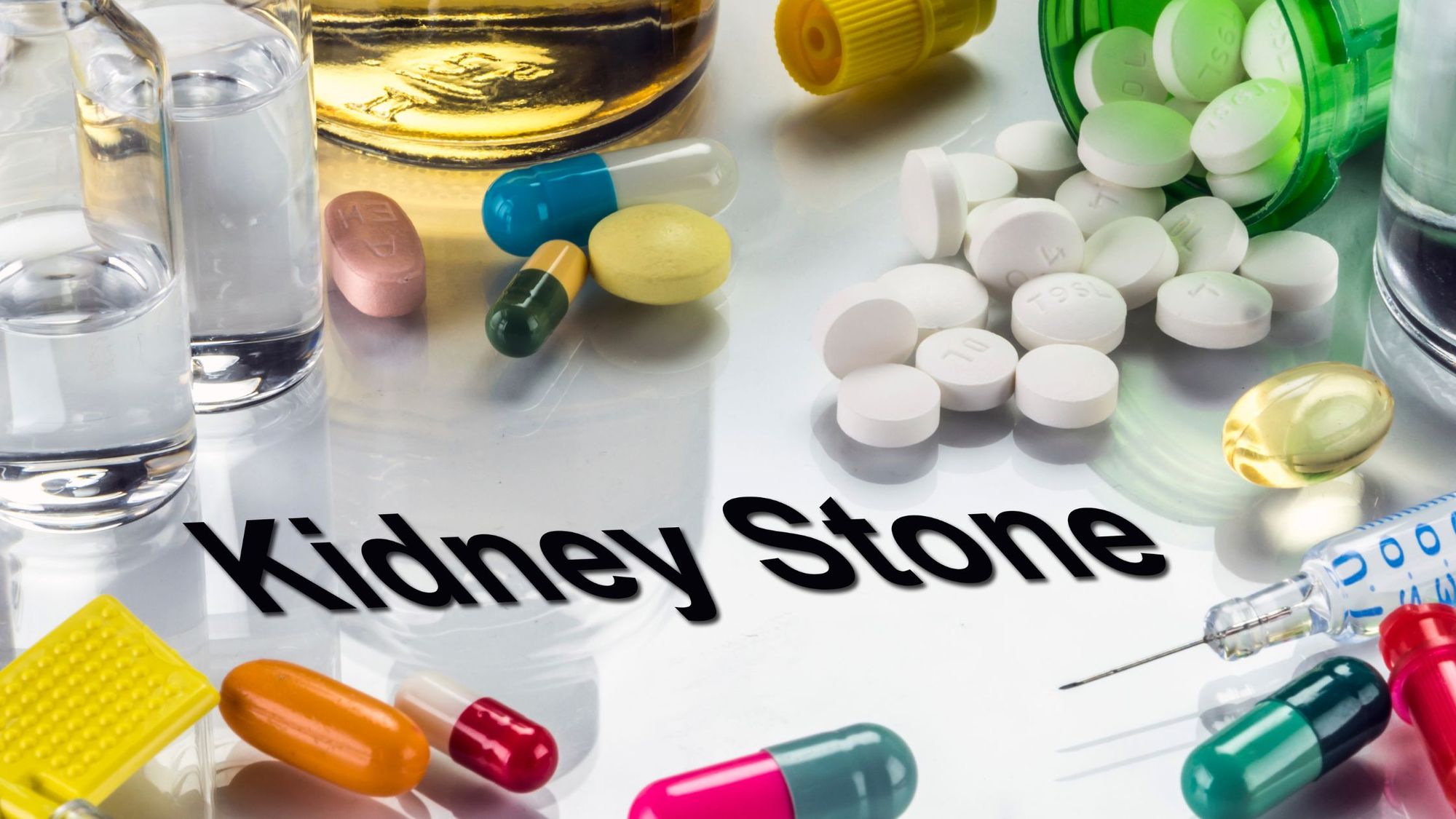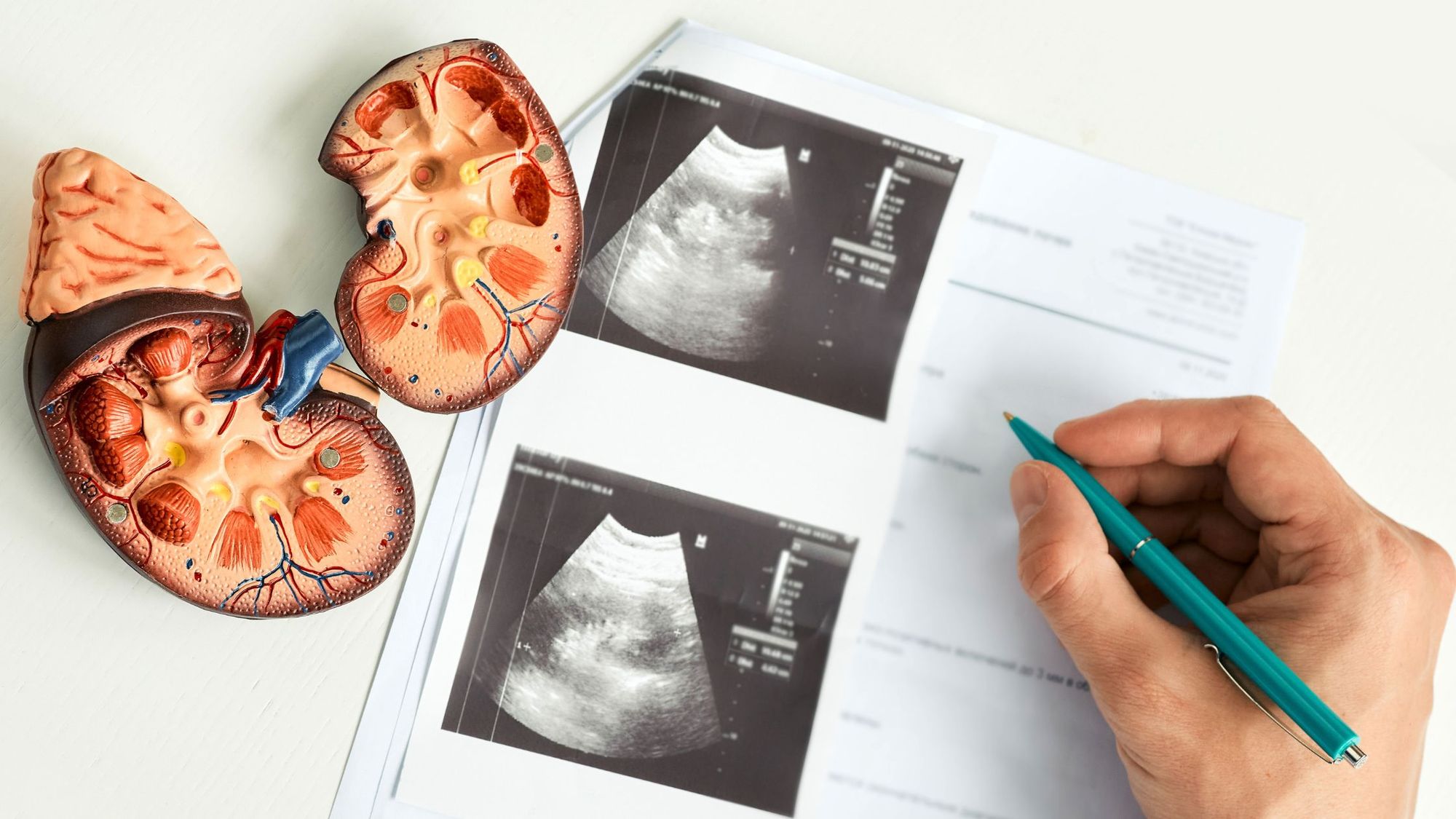
Kidney stones are hard growths originating in the kidneys, which often go undetected until they begin to cause complications and health symptoms. Kidney stone treatment is very effective, so having kidney stones is typically not a dangerous condition if it’s treated.
Various factors can increase your risk of developing kidney stones, including your genetics, your diet (think processed foods and high sodium foods), dehydration, and even certain medications.
Here is some more information about causes of kidney stones and common signs you might have kidney stones.
There are different types of kidney stones, such as calcium stones (from high levels of calcium in the urine) and struvite stones (which form in very alkaline urine), as well as other less common types of stones.
Some of the common symptoms of kidney stones include pain in the lower abdomen or in the groin, a constant need to urinate, vomiting or nausea, bloody or cloudy urine.
Statistically speaking, more than half a million people visit emergency rooms each year as a result of kidney stone complications causing painful symptoms.
Similar to the pain in the upper abdomen caused by gallstones, kidney stones cause pain as well, only the pain is usually in the lower abdomen.
The good news is that despite the pain causing those unaware of their kidney stones to visit the hospital with fear, most kidney stones are not dangerous, and once treated with an effective kidney stone treatment option from a doctor, most people with this condition are completely fine.
Below is an overview of some common kidney stone treatment options, as well as some tips for preventing kidney stones from forming in the first place.

Kidney Stone Treatment Options
Kidney stone treatment options vary depending on the type of kidney stone that has formed. Typically, doctors will conduct blood tests and urinalysis examinations to check for certain substances in your urine. The doctor may also use MRI scans, ultrasounds, and x-rays to ensure there are no obstructions.
If obstructions aren’t found in your urinary tract, your doctor may recommend simply leaving your kidney stone to pass on its own. During this time, you’ll be advised to drink extra water each day to increase urine flow and encourage the kidney stone to pass. This is a very natural kidney stone treatment plan. Additionally, you may be advised to take certain pain relief medications to help minimize uncomfortable symptoms.
If a kidney stone is too large to pass naturally, surgery or hospital treatment may be your best options for proper kidney stone treatment. One of the least intrusive forms of kidney stone treatment is lithotripsy, which leverages sound waves to break up larger stones and help them pass through your urinary tract. Though this surgery is non-invasive, it can be uncomfortable and cause some bleeding or bruising.
Another common kidney stone treatment option is percutaneous nephrolithotomy, or tunnel surgery, in which a surgeon uses a small incision in your back to remove stones manually. This is often the top treatment choice when the stone causes an obstruction which may eventually damage the kidneys.
When a stone has become lodged in the ureter, or within the bladder, most surgeons may suggest a ureteroscopy, which involves using a small wire with a camera inserted into the urethra to capture and remove the stone.

How to Prevent Kidney Stones
Some forms of kidney stones are harder to prevent than others. If you have a genetic condition such as cystinuria, your doctor will work with you on a diet and treatment plan to reduce your risk of forming stones. If you’re prone to kidney stones due to your genetics or for any other reason, most doctors will recommend ensuring you invest in proper hydration, to help flush minerals out of your kidneys.
Most of the time, preventing kidney stones means making careful changes to your diet. Reducing your intake of sodium and oxalate-rich foods can help to reduce your risk. According to one study, certain foods are also more likely to cause kidney stones when eaten in excess, such as:
· Fish and shellfish
· Eggs
· Meat products such as pork, beef, and chicken
· Organ meats
· Dairy products such as milk and cheese
· Processed meats and foods
· Salty or sodium-rich snacks
It may also be helpful to consider your supplementary strategy carefully. If you’re taking calcium supplements to fight back against potential bone diseases, it may be important to ensure you’re not consuming too much calcium on a daily basis.
Remember that preventative measures are the best case scenario if kidney stones run in your family, because if you can prevent kidney stones from forming, you won’t experience any of the pain caused by kidney stones.
Dealing with Kidney Stones
In most cases, kidney stones aren’t particularly dangerous, provided they can be detected and treated early. However, recurring kidney stones, and larger growths can sometimes cause significant discomfort, and may lead to more serious problems with your bladders and kidneys in the future.
Adjusting your diet to remove excess minerals such as oxalate and high levels of sodium can reduce your risk of kidney stones. However, it’s also worth being aware of any genetic conditions which could make you more susceptible to the issue. Check your CircleDNA test today to learn more about the health risks you could face based on your genetics.
Genetically speaking, if you suspect that you have a family history of kidney stones, you may be more likely to develop them yourself. This is one of the reasons why you should always use your DNA test to find out about any health risks that are in your DNA.
If you find you’re more likely to be prone to kidney stones, speak to your doctor about the dietary and lifestyle changes you can use to prevent kidney stones from developing in your body.
References:
- Kidney.org: Kidney stones
https://www.kidney.org/atoz/content/kidneystones - NIDDK: Definition & Facts for Kidney Stones
https://www.niddk.nih.gov/health-information/urologic-diseases/kidney-stones/definition-facts#common - Kidney.org: NKF Answers Top 10 Questions about Kidney Stones
https://www.kidney.org/news/ekidney/november10/Top10_November10 - NCBI: Obesity and Its Impact on Kidney Stone Formation
https://www.ncbi.nlm.nih.gov/pmc/articles/PMC7265184/ - NCBI: Obesity and Its Impact on Kidney Stone Formation
https://www.ncbi.nlm.nih.gov/pmc/articles/PMC7265184/ - NIH: Eating, Diet, & Nutrition for Kidney Stones
https://www.niddk.nih.gov/health-information/urologic-diseases/kidney-stones/eating-diet-nutrition - https://www.urologyhealth.org/urology-a-z/k/kidney-stones





